Olasunkanmi Opeifa, former Maltina Teacher of the Year and founder of Phenomenon Edu, has joined the growing chorus of public outrage over the technical glitch that disrupted the release of the 2025 West African Senior School Certificate Examination (WASSCE) results.
In a social media post, he shared a picture of himself giving a bombastic side eye alongside a memo from the examination body.
Opeifa described the incident as a “reckless gamble” with the futures of millions of Nigerian students. He criticised the West African Examinations Council (WAEC) for what he called an “untested system rollout”, warning that the examination body must never “use students as guinea pigs for innovations that lack thorough quality assurance”.
The controversy erupted after WAEC released the results earlier this week, only for thousands of candidates to report shocking discrepancies — including missing grades, incorrect subjects, and inexplicable failures. The errors triggered widespread panic among parents, while schools scrambled to explain the situation to anxious families.
Three days later, WAEC admitted to “technical bugs” linked to its new paper serialisation process — a method intended to reduce malpractice by giving candidates different versions of the same paper. Critics, however, argue that the system collapsed at the most crucial stage: during result compilation and release.
The education stakeholder has labelled the incident “an avoidable trauma” for close to two million candidates and their families, describing it as both an economic disruption and a credibility disaster.
Opeifa suggests that the breakdown may have been caused by mapping mismatch bugs, backend integration failures, inadequate large-scale testing, and a lack of contingency planning.
“This is not just a technical lapse; it’s a leadership and accountability issue,” one analyst remarked. “Our exams are not beta tests. They are lifelines to futures.” He added.
WAEC has pledged to rectify the errors and has advised candidates to recheck their results in the coming days. However, calls for an independent audit of the council’s systems are mounting, with critics warning that repeated mishaps could undermine Nigeria’s educational credibility on the global stage.




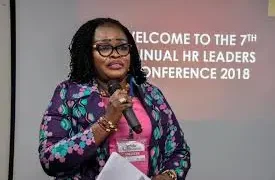

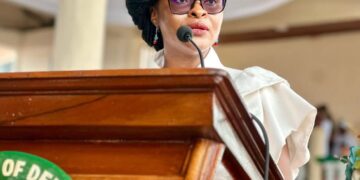























































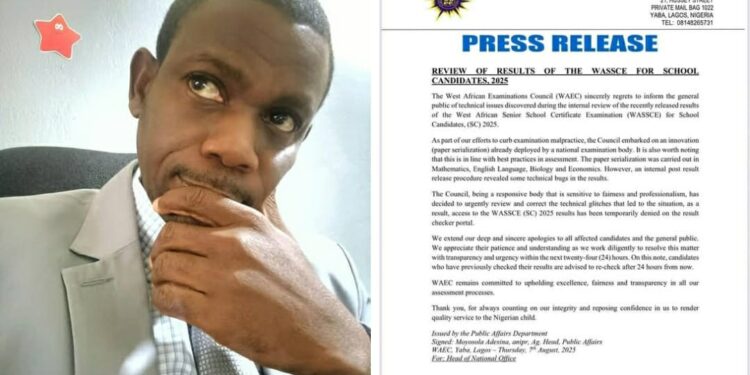






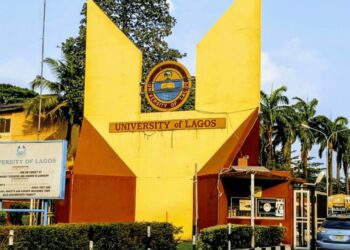

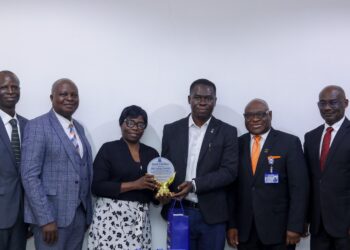
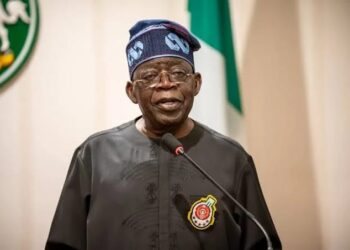










 EduTimes Africa, a product of Education Times Africa, is a magazine publication that aims to lend its support to close the yawning gap in Africa's educational development.
EduTimes Africa, a product of Education Times Africa, is a magazine publication that aims to lend its support to close the yawning gap in Africa's educational development.